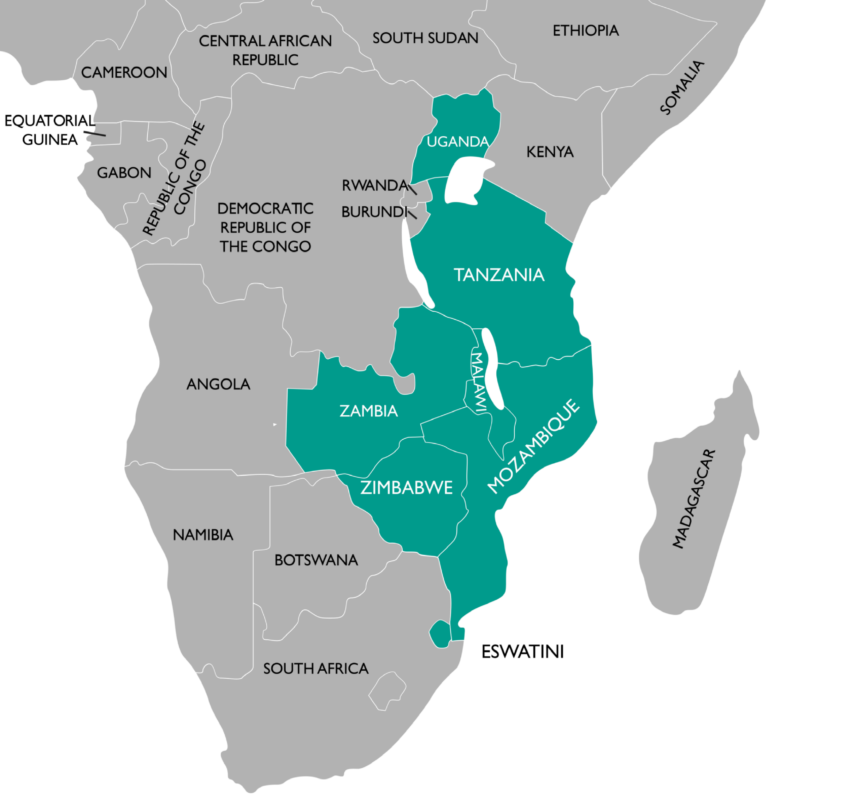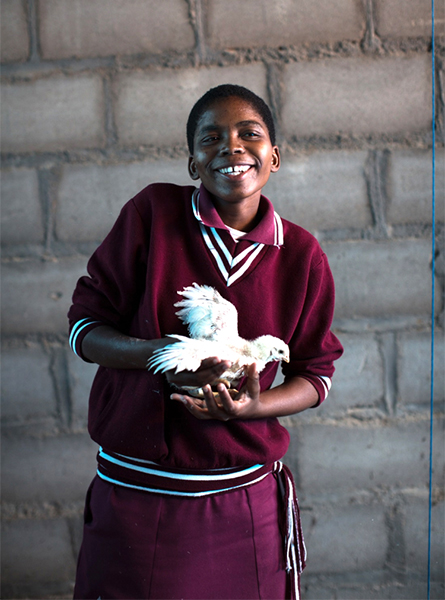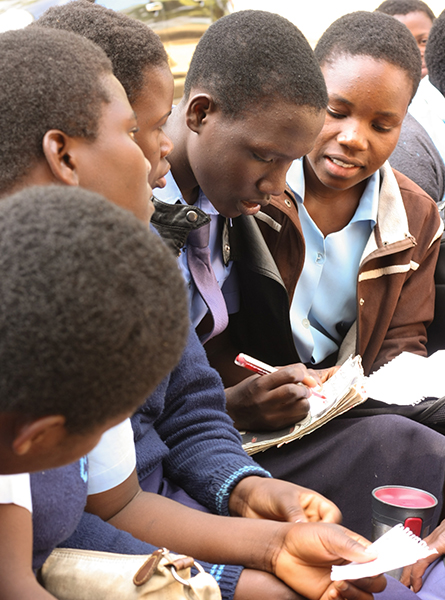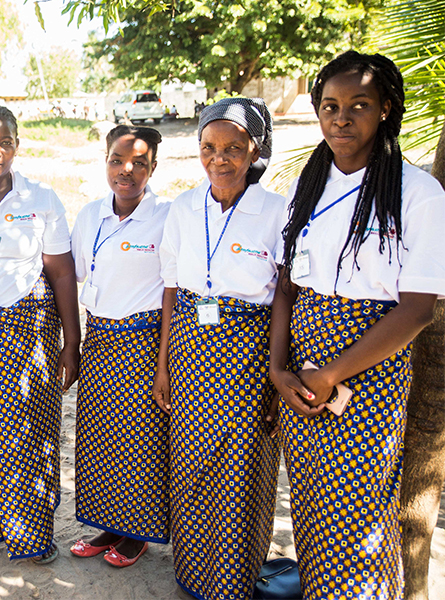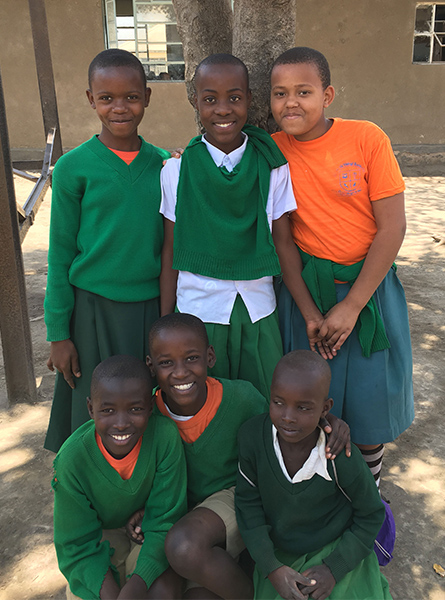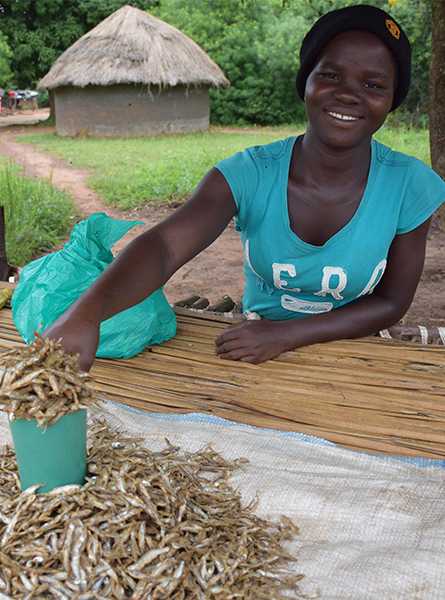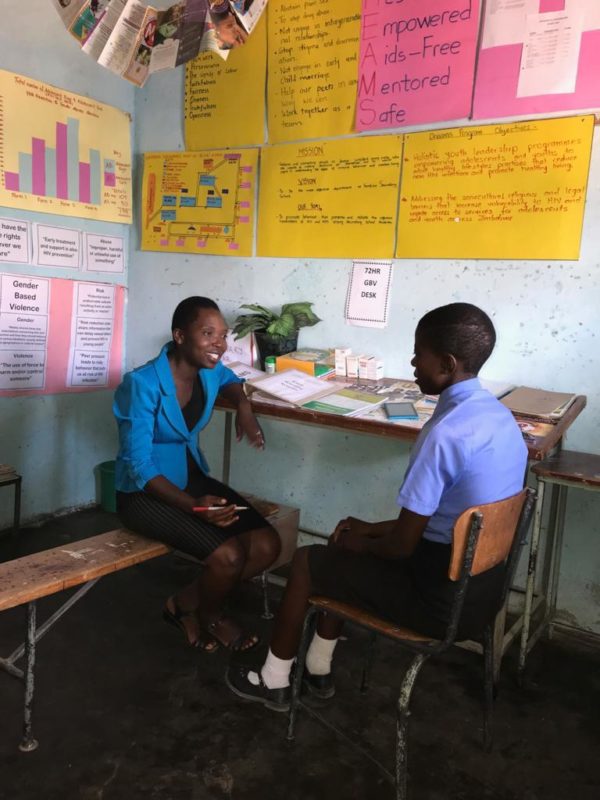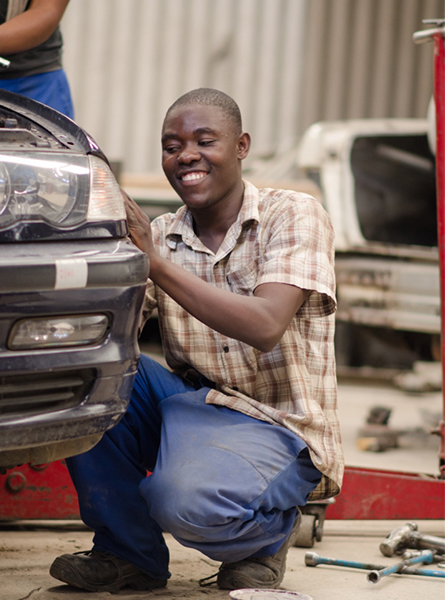Mozambique
We are implementing evidence-based interventions for populations at greatest risk in areas of highest HIV incidence. Our projects aim to reduce the socioeconomic impact of HIV/AIDS on orphans and vulnerable children (OVC), adolescent girls and young women (AGYW), and caregivers by enhancing the capacity of families and communities to support, protect, and care for OVC and by empowering AGYW to reduce their HIV risk. We implement a comprehensive package of services and activities in education, health, child protection, and household economic strengthening.
We work with more than 15 local implementing partners and collaborate closely with clinical partners and government agencies. The backbone of our implementation strategy is to enhance an HIV-sensitive, community-based case management system. We specifically focus on strengthening community structures and expanding the number of trained community cadres to support a locally driven referral system across 15 districts and 4 provinces in central Mozambique.
Innovations:
We are introducing and scaling up: 1) a 12-day, community-based nutrition rehabilitation program, improving the nutritional status and overall health of HIV+ infants and young children; 2) a mobile One-Stop event that brings together government, community, clinical, and private sector partners to provide a comprehensive package of sexual and reproductive health services; and, 3) the “OVC fund,” lead by established savings groups to reach OVC with financial support.
Learn More
